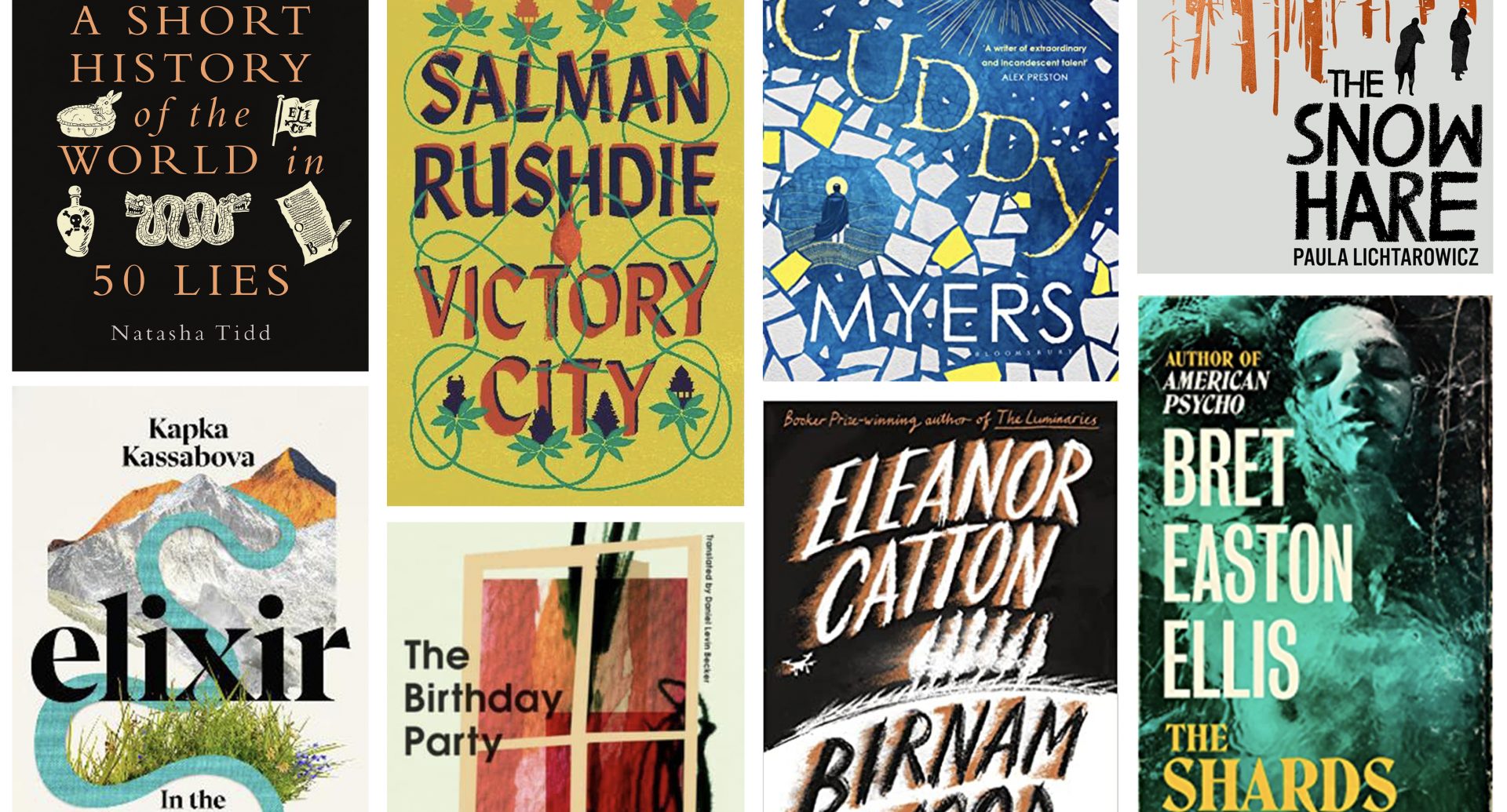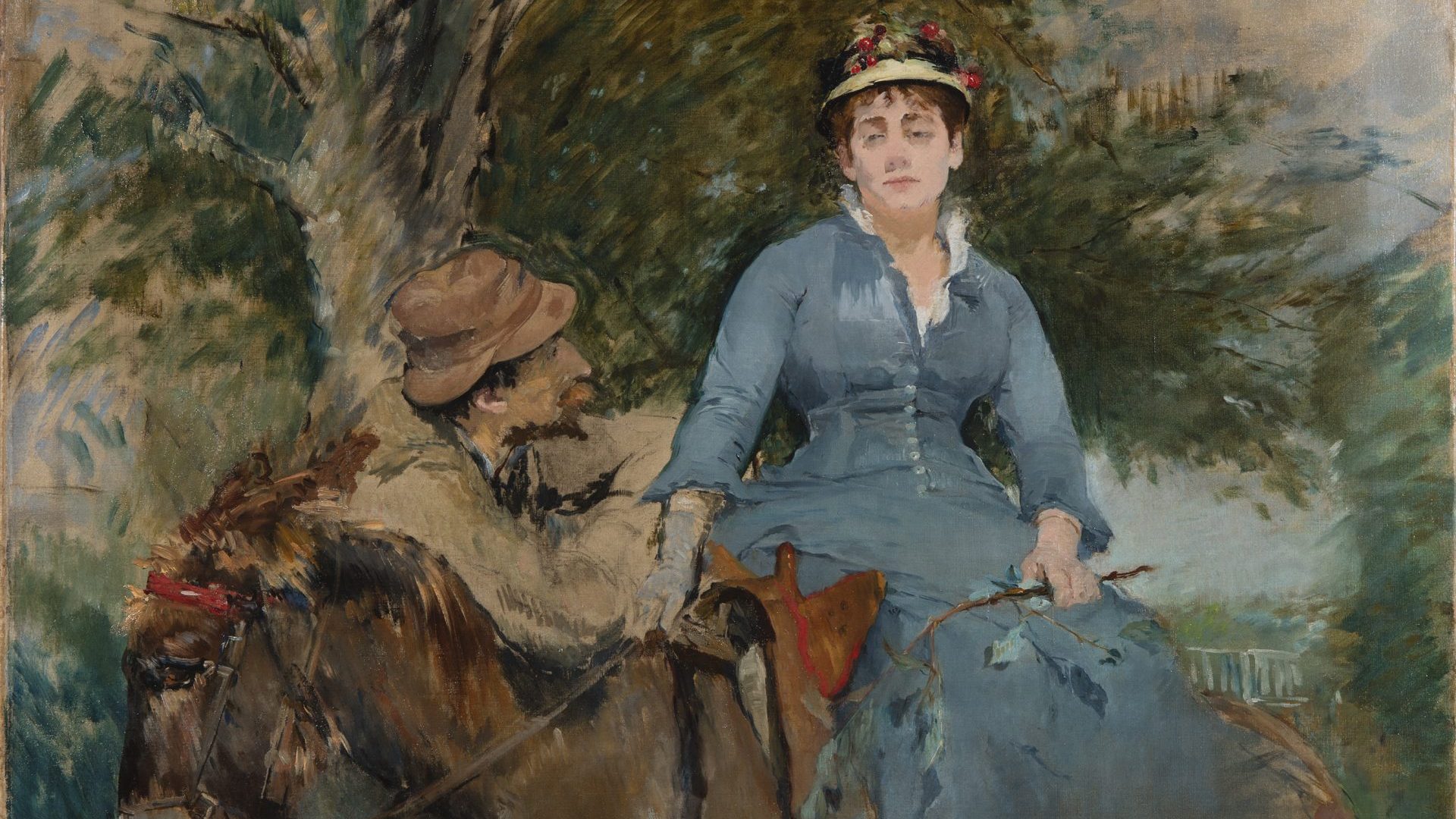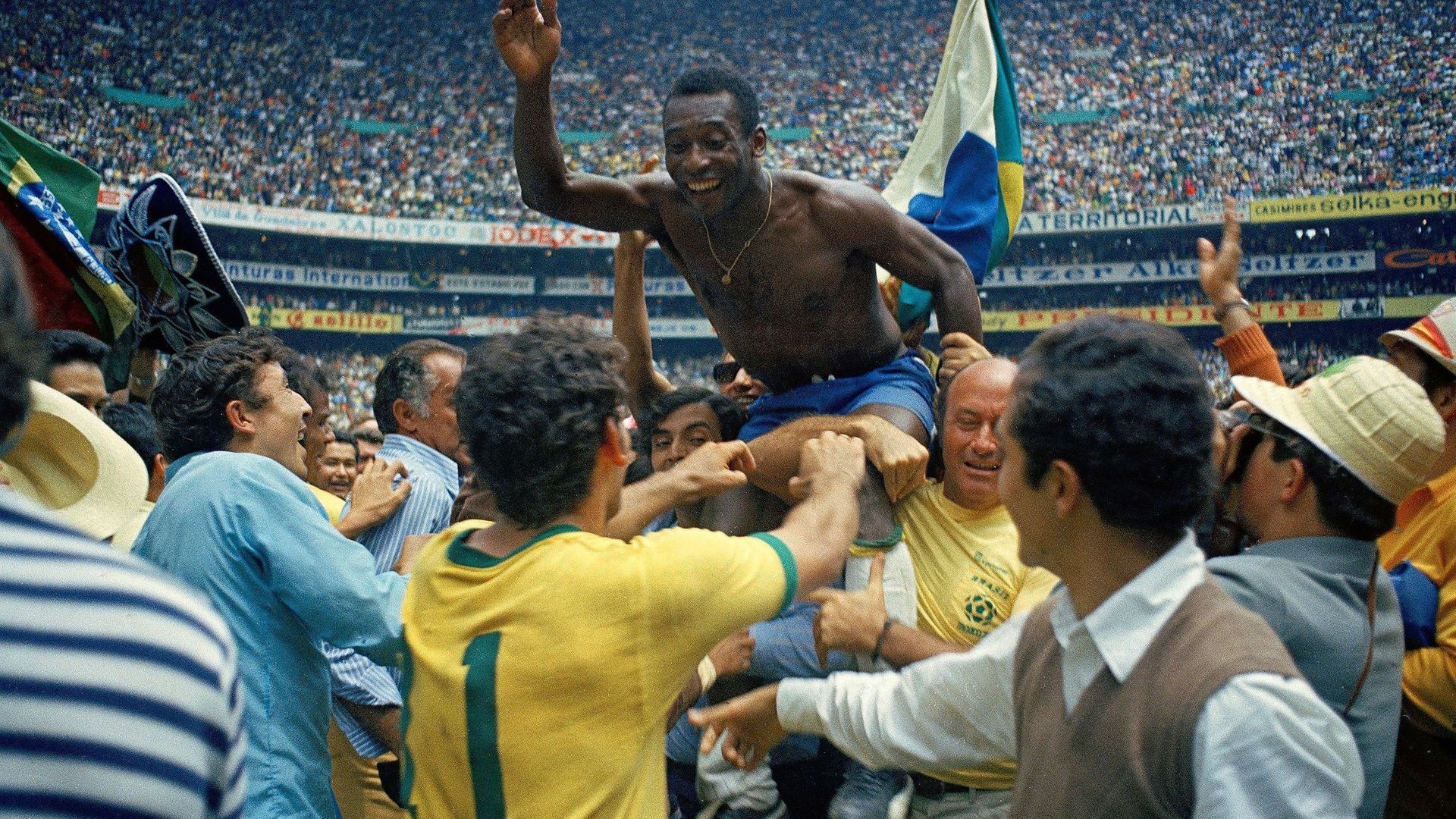So, here we go then, venturing out into the unspoiled territory of 2023. Our bells have jingled and our dings have donged merrily on high. We’ve survived the Christmosity that goes with being cooped up for days with close family members and strong drink, while the gluttony of the festive period has been offset by the calories burned by all the shivering we’ve done keeping the heating off. We made it through. Well done everyone.
Here’s hoping your literary itch was scratched by the contents of your Christmas stocking and you’re looking forward to discovering a glut of new
books in the coming year. There are plenty of good ones coming down the
publishing pipeline – some of which I’ll get to later – but at the risk of damping down the kindling of new year optimism before it’s had a chance to catch, I fear I have to kick off this cheery look ahead with a sobering note of reality.
Just before Christmas the Authors’ Licensing and Collection Society, which distributes money to authors for secondary uses of their work such as photocopying, released the results of a report they’d commissioned into authors’ earnings. And the news was not good, my friends. Not good at all.
Since the first of these reports appeared in 2006, the median income for authors when adjusted for inflation has fallen by an astonishing 60% to just £7,000 a year. Delve further into the figures and you find that nearly half of all author income, 47%, goes to only 10% of writers, while the top 1% of earners hoover up a quarter of all the income derived from writing books.
Male authors are earning 41% more than women – that gap has increased from 33% in 2017 – while black and multi-heritage authors are earning in
real terms 51% less than their white counterparts. For an industry that’s supposed to be a cabal of wishy-washy woke liberals it looks on this evidence
more akin to a hard-right libertarian’s fever dream.
No one was expecting to hear that authors were all lighting cigars with £50 notes, but even so, the report’s stark picture came as a shock. The publishing industry is doing pretty well, contributing more than £10bn a year to the economy, with book sales increasing year on year despite the pandemic. Yet the people writing the books, the ones actually coming up with the goods, are being squeezed tighter than ever before.
Publishing undoubtedly faces challenges. Material costs have increased considerably since both Brexit and the Russian invasion of Ukraine, making paper harder to source and consequently more expensive. Amazon’s dominance of the marketplace means it can insist on massive discounts when buying books from even the biggest publishers, with Waterstones doing the same thanks to its overwhelming presence on our high streets.
Naturally this top-loaded financial model, once it has trickled down from retailer to distributor to publisher, has a calamitous knock-on effect on the people at the bottom of the food chain, the ones who receive by far the smallest proportion of a book’s cover price – the people who write them.
The slim and decreasing pickings being received by the majority of writers have concerning implications for the kind of books we’ll be reading in the future. With authors’ incomes plummeting and the UK’s general economic outlook appearing pretty grim, fewer and fewer people can afford the time to sit down for the months it takes to write a book.
Publishing has never been a meritocracy, but bookshelves in recent years have become increasingly the preserve of the privileged, people already independently wealthy themselves or with a spouse or partner rich enough to buy them the time to write.
That means we’ll be hearing from an ever-narrowing band of society, which can’t be good for literature. If our books are being written only by the privileged then the literary world becomes cripplingly parochial. Literature can only genuinely flourish through the richness of diversity; if working-class voices and voices from minority communities are being priced out of the game before they’ve even joined it, then it’s to the detriment of everyone.
It’s a similar story for independent bookshops. When a publisher plans its marketing campaigns for a high-profile title it is always slanted towards Amazon and Waterstones. Signed copies and special discounts rarely apply to the standalone indie store, and they certainly don’t benefit from the bulk-buying price reductions negotiated by the big boys.
It would be an exaggeration to say that we’re on the cusp of Amazon and Waterstones being the only places left to buy books, all of which will be written by people living in solid-gold houses, but the nosebleed-inducing speed at which author earnings are falling is an issue with consequences for everyone, from the authors themselves to the book-browsing public.
There’s no easy solution, of course, but obviously the more books that are bought the better it is for all concerned, especially if they’re bought from an independent shop or online retailers such as hive.co.uk and uk.bookshop.org, both of which give a slice of the action to independent
shops and can be surprisingly competitive price-wise. Authors also benefit as their share of the sales from these shops and via these sites tends to be slightly better.
With the closure on New Year’s Eve of Al Saqi Books, we’ve just lost Europe’s largest bookshop specialising in the Middle East, which closed after more than 40 years of trading at its Bayswater location. It had survived threats, vandalism and a calamitous 2021 flood, but the current economic climate has just proved too much. The big chains have a far sturdier financial base than their independent and specialist competitors so can afford to drive down the prices they pay for books. Shops like Al Saqi don’t have that ability and the UK book arena will be diminished without them.
Now, on a more positive note: what literary delights are shortly arriving on which to spend our Christmas tokens and help boost the echoing coffers of the nation’s indies and authors?
Perhaps most gratifyingly, in February Salman Rushdie’s Victory City will be published (Jonathan Cape, £22), his first novel since 2019’s Quichotte but, more significantly, his first published since the attempt on his life in August. It’s unlikely he’ll be well enough to undertake much in the way of promotional duties, but what’s billed as a “feminist epic of magical realism” is a most welcome addition to the 2023 canon and promises to be swept into the bestsellers’ charts on a tide of goodwill alone.
March sees the publication of Eleanor Catton’s long-awaited Birnam Wood (Granta, £20), which transplants Macbeth to contemporary New Zealand in an eco-thriller focused on an abandoned farm. It has been 10 years since her
extraordinary The Luminaries, for which the 28-year-old Catton became the youngest author ever to win the Booker Prize, making Birnam Wood one of the most eagerly anticipated novels of the year.
Also returning to the shelves after a long absence is Brett Easton Ellis with
his first novel in 13 years, The Shards (Swift, £25), a noir thriller of secrets and obsession set in early 1980s Los Angeles that’s published later this month. Another highlight in the early part of the year is Benjamin Myers’ Cuddy (Bloomsbury, £20), coming in March. Myers is one the best contemporary British novelists working today – his 2017 Walter Scott Prize-winning The Gallows Pole in particular was an extraordinary achievement – and this, his eighth novel, promises to be “a polyphonic tale of northern England’s mysterious past and confounding present”.
From Europe come The Birthday Party by Laurent Mauvignier, translated by Daniel Levin Becker (Fitzcarraldo, £16.99), out later this month, in which anonymous letters disrupt a 40th birthday celebration and spill secrets, and The Snow Hare by Paula Lichtarowicz (John Murray, £14.99), published next month, in which a Polish woman finds love in a Siberian work camp during the second world war.
Some non-fiction titles that catch the eye include the intriguingly titled A Short History of the World in 50 Lies by Natasha Tidd (Michael O’Mara, £12.99), which tackles a range of historical whoppers including the Dreyfus affair and the attempted cover-up of the Chernobyl disaster. One to make the blood boil on chilly nights, out next month.
Also next month comes Europe: A History by Jean-Baptiste Duroselle (Michael Joseph, £30). A vague, flabby blurb for such a pricey book might not
provoke too much excitement, but it does at least promise “the first single-volume history of our continent told by the Europeans themselves”, which
sounds intriguing enough at least to investigate further.
One author who certainly does write with panache is Kapka Kassabova, one
of the finest narrative travel writers working in Europe today. Her last two
books, Border and To The Lake, have explored the backwaters of the Balkan
region to brilliant effect and in Elixir: In the Valley at the End of Time (Jonathan Cape, £20) she returns to her native Bulgaria to explore the valley of the Mesta River, immersing herself in its ancient herbalist traditions and hearing the stories of its remarkable people.
While there will be a glut of tremendous books published in 2023 – and you’ll read about some of the best in these pages – these are challenging times for authors as much as any other profession. The dice are currently loaded firmly in favour of the corporate and the privileged; and while it remains to be seen if and how that might change, one way you can help is to keep buying books, and buying them from the places that help the people who need it most.




